My Family’s Story
Note to readers: This piece discusses sexual assault and trauma.
I was in my first year of university when my sister disclosed her assault. At the time, I felt isolated: not only emotionally, but geographically. My whole family was across the country while I was in Ontario. My parents and sister were going through this very intense experience, and I was hearing about it secondhand. In some ways I felt removed from what was going on, but I simultaneously felt profoundly affected. I struggled with what I felt I could confide with those closest to me—my sister didn’t want people to know at the time, so I had to be careful about what I shared. I found that elements of what had happened kept emerging in the work I was making in school. It was a channel to process what was happening..
For a long time I discounted my own trauma. At the time I was completely focused on what my sister was going through, but many years later, I realize that I had my own trauma exposure response when I found out what had happened. What we don’t always realize, or speak about, is how trauma ripples out and affects everyone around us. I had to figure out my own ways to process that, and the play became the ultimate way of doing so.

Rose Napoli and Michaela Washburn in Grace. Photo by Dahlia Katz.
My sister and I wrote the first draft of Grace together. I told her that we’d have these conversations about the legal aftermath of her assault, do research and writing, compile it together into a play, and that she could take out anything she wanted—you get control over how you are shown. And so further down the road, anonymity became a natural extension of that. I want to own my work, and I’m proud of it, so it wasn’t an easy decision. But I feel safer putting this piece out into the world; I feel like I’m protecting my family. And hopefully, having the play written anonymously helps us focus less on this one particular experience, my family’s story, and understand that this is something so many people have gone through. The piece tells the story of how this played out for us, but it is not a unique event.
For her own healing, my sister had to move on after the first few drafts. It wasn’t healthy for her to keep going over it. It’s a challenging balance being the playwright and a character in the play. As a playwright, I have a more objective eye. I’m thinking about narrative and theme, but the flip side of that is that I am in the play and so are the people I love. These are our memories, our lives.
It’s surreal to see a company of actors play myself and my family. It’s eerie. I went to see a run through, and I started crying almost immediately. I’ve been working on this play for so long, and had so many conversations with Andrea Donaldson—who has been a huge influence on building and crafting the show—so to see something we have spent so much time talking about actually happening in front of me is so moving. Rose Napoli plays my character, and when she started speaking, I was completely struck with how deeply she seemed to understand how I felt when I wrote those lines. All the actors are keying into the core of these characters; I see my family reflected back at me and it’s such a gift.

Rose Napoli, Michaela Washburn, Brenda Robins and Conrad Coates in Grace. Photo by Dahlia Katz.
Of course, time has also helped us heal. When you’re in the thick of it, it is agonizing and it feels like forever. Once everything was resolved legally, time started again for us. My family has moved forward at our own individual pace. And we will continue to move through it. Recovery isn’t linear. It will always be part of our narrative as a family, and we will continue grow from it.
Recovery isn’t linear
Processing this kind of trauma isn’t confined to the crime or the proceedings that happen afterward. The shockwaves are huge. For every story you might hear, there is a profound impact on so many people’s lives that have been changed forever. It’s easy to forget that. But we are not alone, and so many people have shared something similar. And though so much is changing in our societal conversations about sexual violence, we still tend to avoid talking about it. We have to change this. And we have to address a legal system that is so incapable of dealing with this issue.

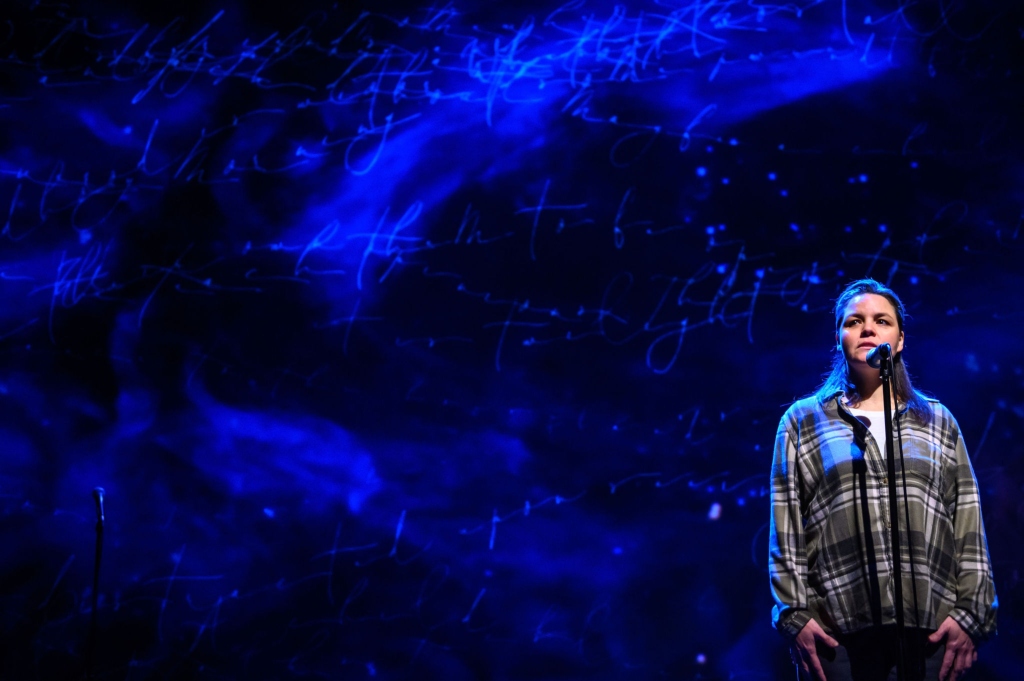
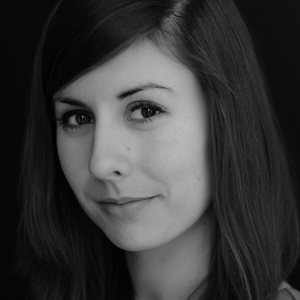
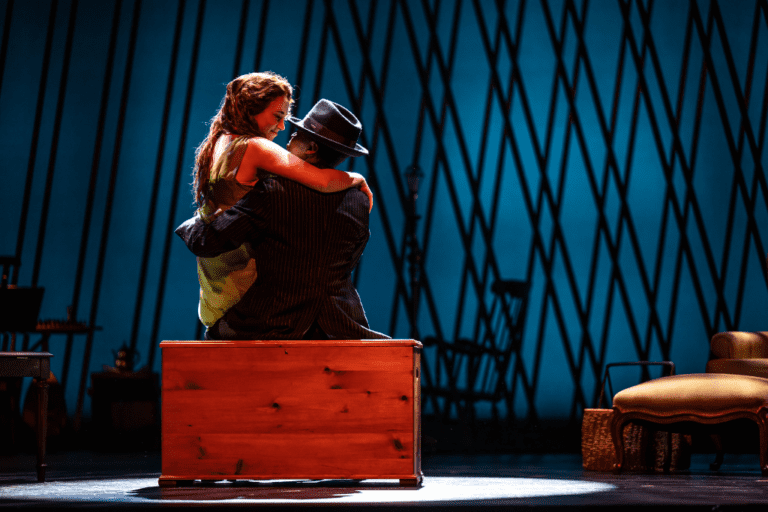





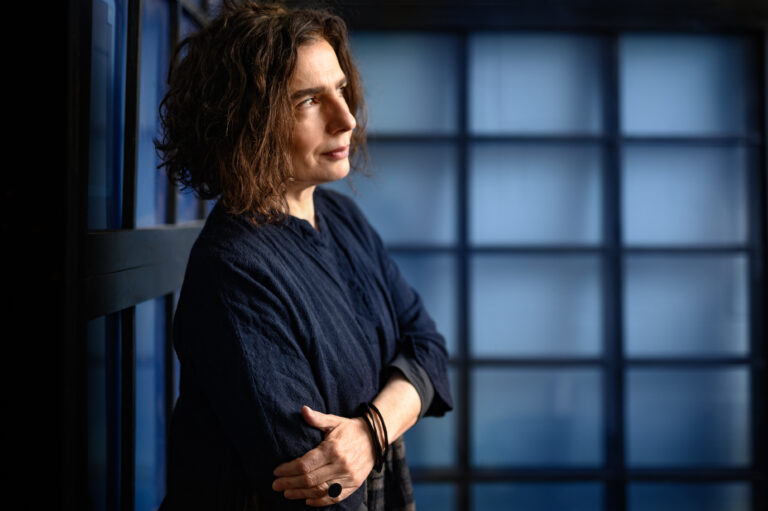
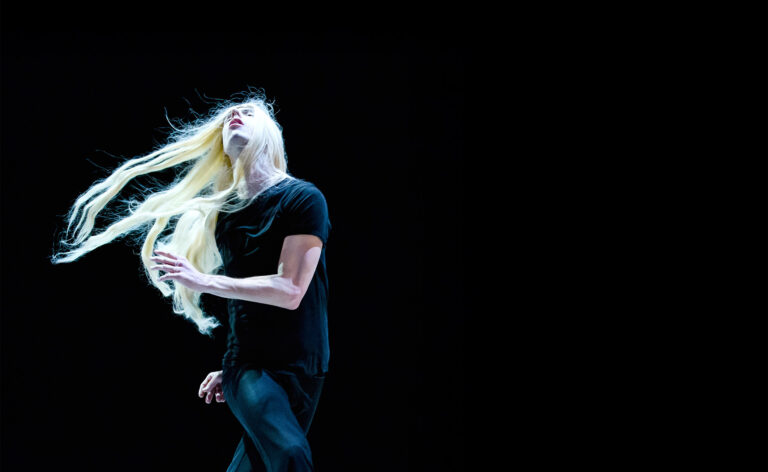
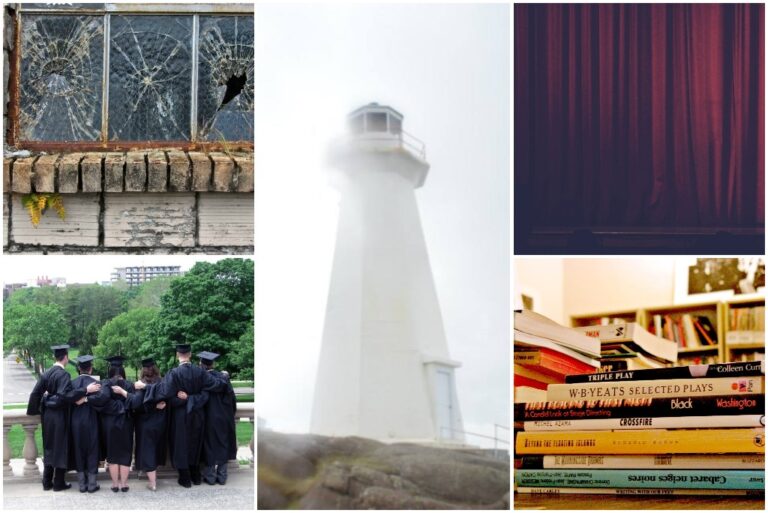

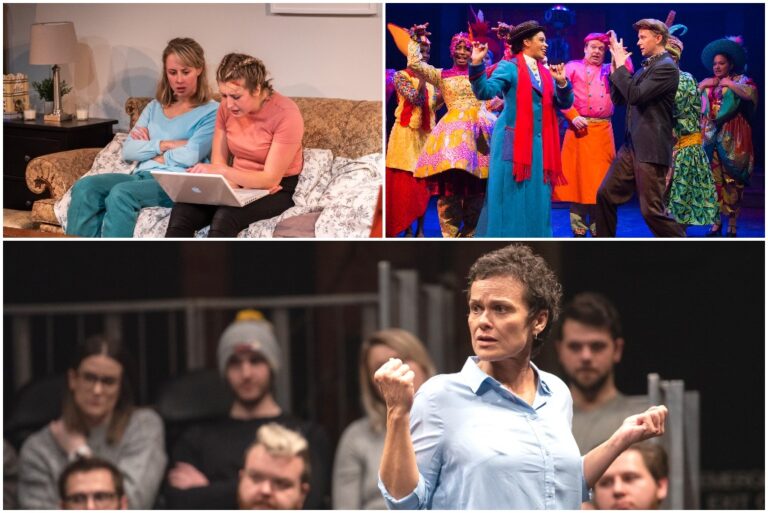
Comments